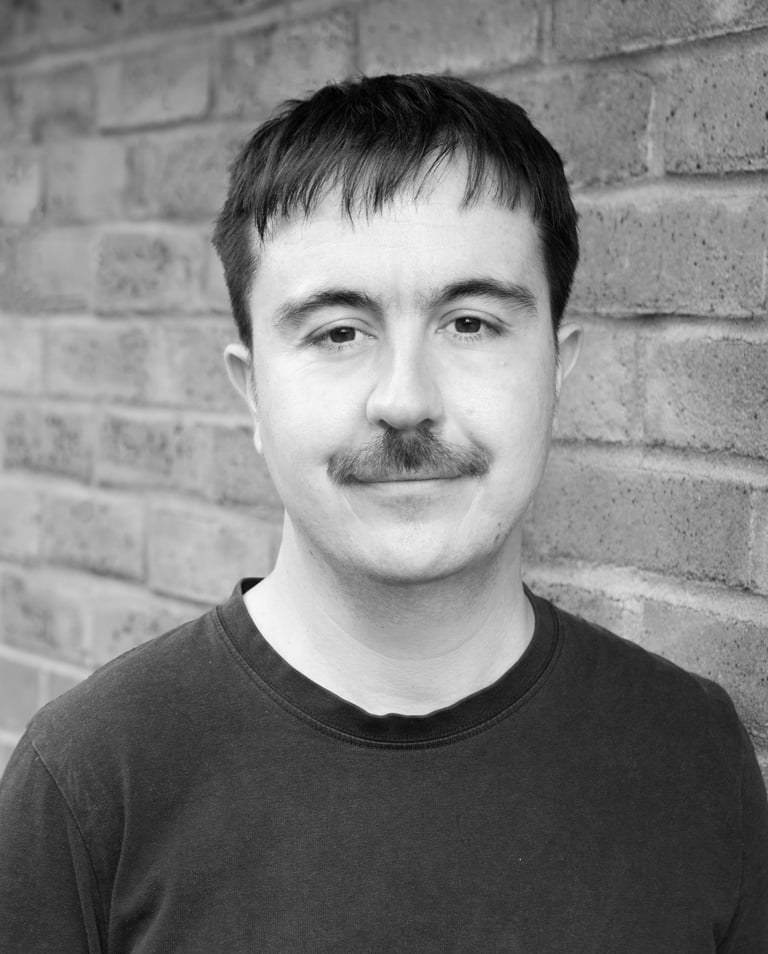
When you are burned out, it can feel as if life has quietly narrowed. You might wake each day already tired, unable to summon enthusiasm for work, relationships or even rest. Small tasks begin to feel impossible and rest brings little relief. Burnout is what happens when pressure and responsibility continue for too long without space to restore yourself.
Burnout therapy offers a confidential, steady space to step back from the exhaustion and understand what has been happening beneath it. It is not about productivity or quick fixes, but about listening to the part of you that has had enough.
What Is Therapy for Burnout?
Burnout therapy is a process of slowing down and making sense of chronic exhaustion such as emotional, mental and physical. It recognises that burnout often emerges when your resources have been stretched too thin for too long, and when old coping patterns no longer work.
As a burnout therapist, I offer a space to explore both the external pressures and the inner expectations that have led to this point. Many people who experience burnout are highly capable and caring - they push through discomfort until their system can no longer keep up. Therapy allows time to look at this pattern with compassion rather than self-criticism.
We may explore:
The beliefs that make it hard to rest or say no
The emotional cost of constantly needing to achieve or care for others
The effects of work, activism or family stress on your sense of self
How to begin reconnecting with your needs and boundaries
Therapy does not prescribe how to recover, but it can support you in finding a gentler, more sustainable rhythm.
Signs You Might Benefit from Therapy
Burnout can creep in quietly. You might notice that you:
Feel permanently tired, even after sleep or time off
Struggle to concentrate or make decisions
Experience irritability, detachment or cynicism
Find it hard to connect with people you care about
Feel numb, hopeless or emotionally flat
Have physical symptoms such as tension, headaches or insomnia
If this sounds familiar, burnout therapy can offer a space to make sense of what is happening before you try to push yourself further.
How Therapy for Burnout Works
Our sessions begin with an opportunity to describe how life feels right now. Many people find relief in simply having time to speak without expectation or pressure.
Together, we can explore the landscape of your exhaustion - how long it has been building, what demands are shaping it, and what you may have lost touch with along the way. We might look at perfectionism, boundaries, identity, or the need to stay in control.
As therapy unfolds, you may begin to notice small shifts: recognising when your energy dips, feeling your body’s signals more clearly, and starting to trust your limits. These are subtle but important steps toward recovery.
My Expertise and Approach
I trained at the Minster Centre, one of the UK’s leading psychotherapy training centres. My approach as a burnout therapist is integrative, drawing on psychodynamic, humanistic and mindfulness-based traditions.
I have worked with clients from a wide range of backgrounds including professionals, carers, activists and creative people who have reached a point of exhaustion or disconnection. My role is not to offer quick solutions, but to create a space where reflection and renewal can begin to take shape.
Therapy can help you listen to what burnout is trying to tell you, and to begin rebuilding a relationship with rest, meaning and balance.
The Benefits of Therapy for Burnout
Everyone’s experience of burnout is unique. Some people find that therapy helps them reconnect with a forgotten sense of purpose while others rediscover simple pleasures or learn to set boundaries that once felt impossible.
Over time, you may notice:
A clearer understanding of what led to burnout
More awareness of your energy and limits
The ability to rest without guilt
Renewed connection with your values and creativity
Greater compassion toward yourself
There is no single path to recovery. Therapy offers a place to explore, experiment and begin to restore what has been depleted.
Why Contact Me?
✓ Trained at the Minster Centre, one of the UK’s leading psychotherapy institutions
✓ Experienced in supporting people with anxiety, depression, grief, stress and burnout
✓ Over two years working in a bereavement service, alongside specialist work
✓ An integrative therapist, drawing from different traditions to tailor therapy to each person
✓ A background in working with activists, changemakers, leaders and ex-boarders
✓ Committed to creating a safe, empathic and collaborative therapeutic space


Start Your Therapy Journey Today
If you'd like an introductory session, please email me or message me using the details below or the contact form.
Phone
Location
231 Shoreditch High Street, E1 6PJ or Online
FAQs About Therapy for Burnout
What happens in sessions?
In therapy, you will have time to talk about what you are experiencing and what has contributed to your exhaustion. We will explore your inner and outer worlds including work, relationships and expectations to understand the roots of burnout.
How long does burnout therapy take?
There is no fixed length. Some people benefit from a few months of reflection, while others choose longer-term work to reshape deeper patterns. We can review what feels right as therapy progresses.
Is therapy only for work-related burnout?
Not at all. Burnout can result from many forms of sustained stress such as caring for others, activism, family responsibilities or emotional overload. Therapy can help in all of these situations.
Do you offer online sessions?
Yes. Alongside in-person work in Hackney, East London, I offer therapy online via secure video call. You can choose whichever feels most comfortable.
How is burnout therapy different from rest or self-care?
Rest is vital, but therapy allows you to understand why rest has become so difficult, and the beliefs and pressures that prevent it. Through insight and reflection, you can begin to approach rest and balance more sustainably.
How do I start?
You are welcome to arrange an introductory session. It is a chance to meet, ask questions and get a sense of whether working together feels right. There is no obligation to continue, simply an invitation to begin.


Qualified therapist based in Hackney, London
Online Therapy
© 2025 Andrew Tobert Therapy | Terms & Conditions | Privacy Policy